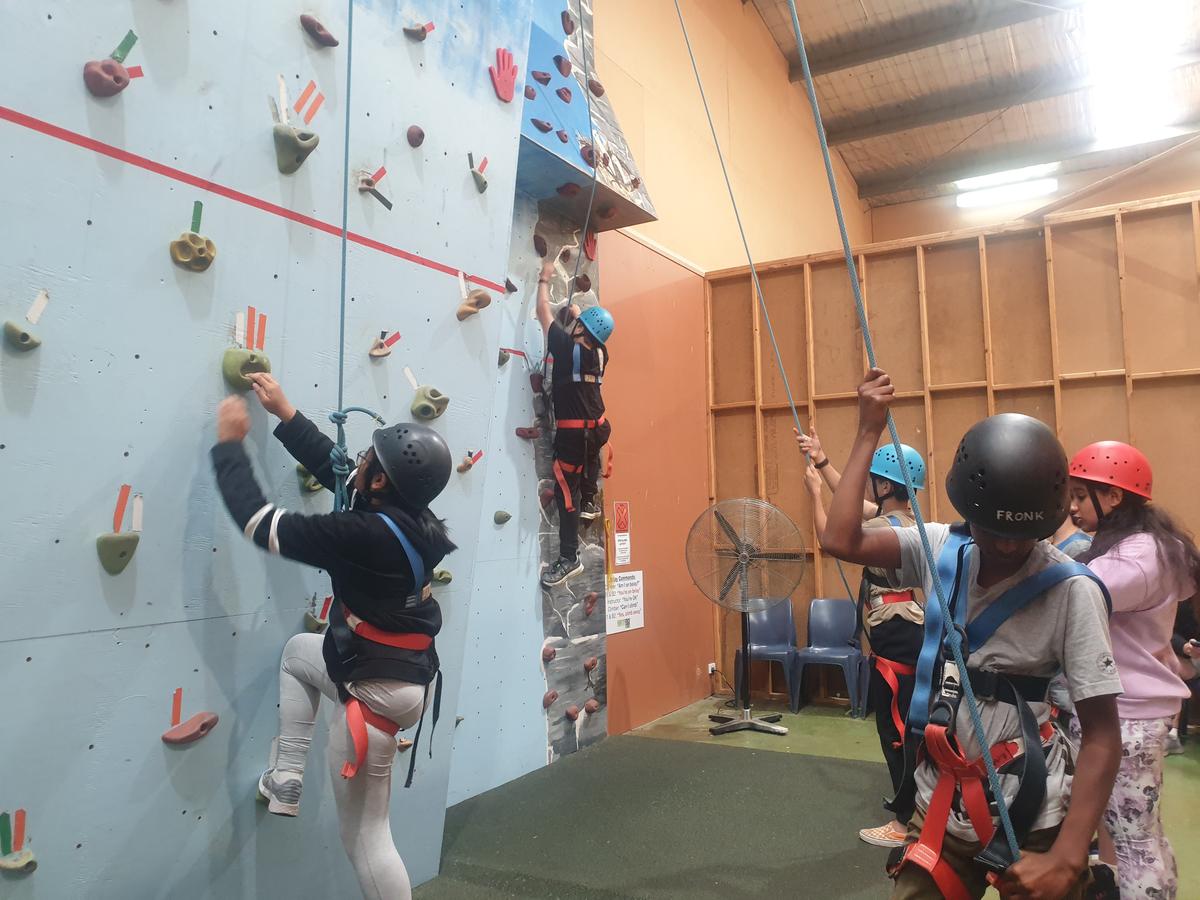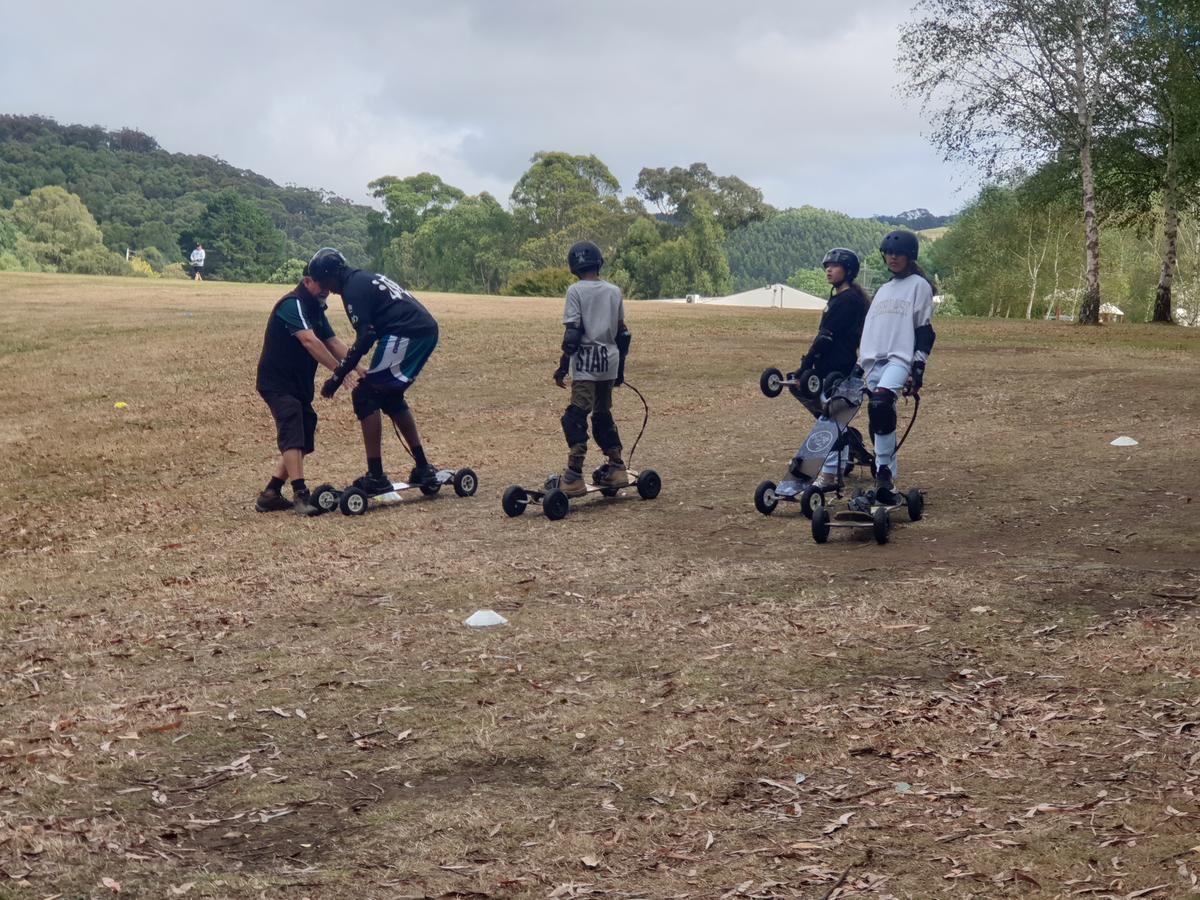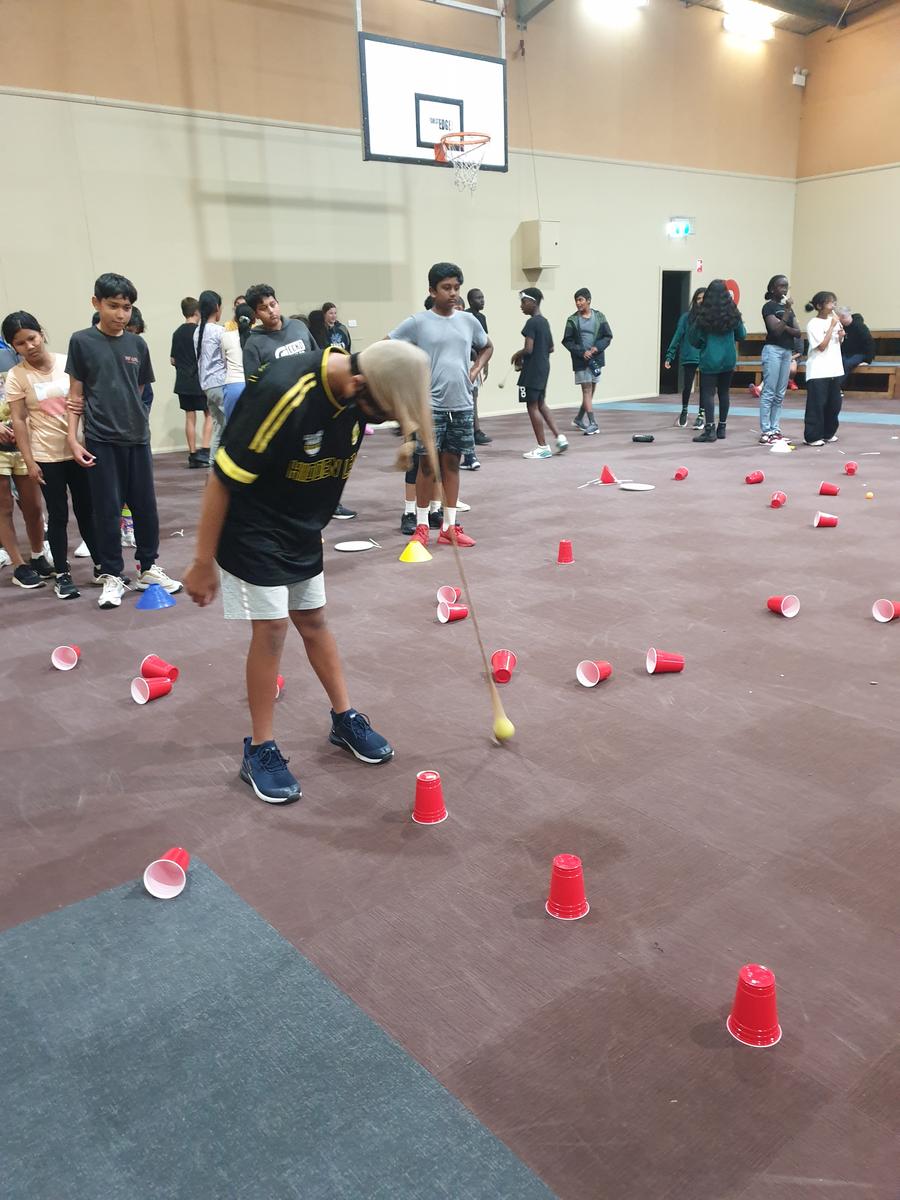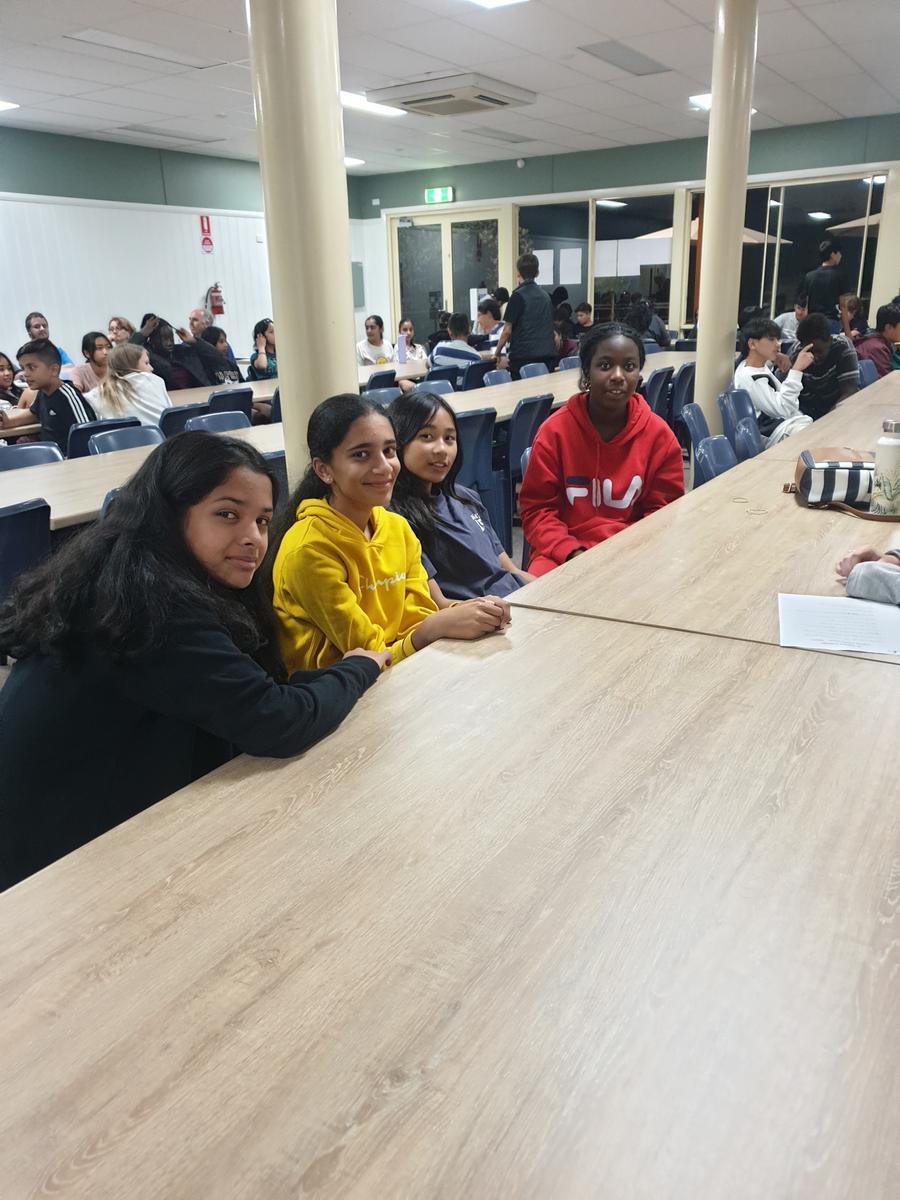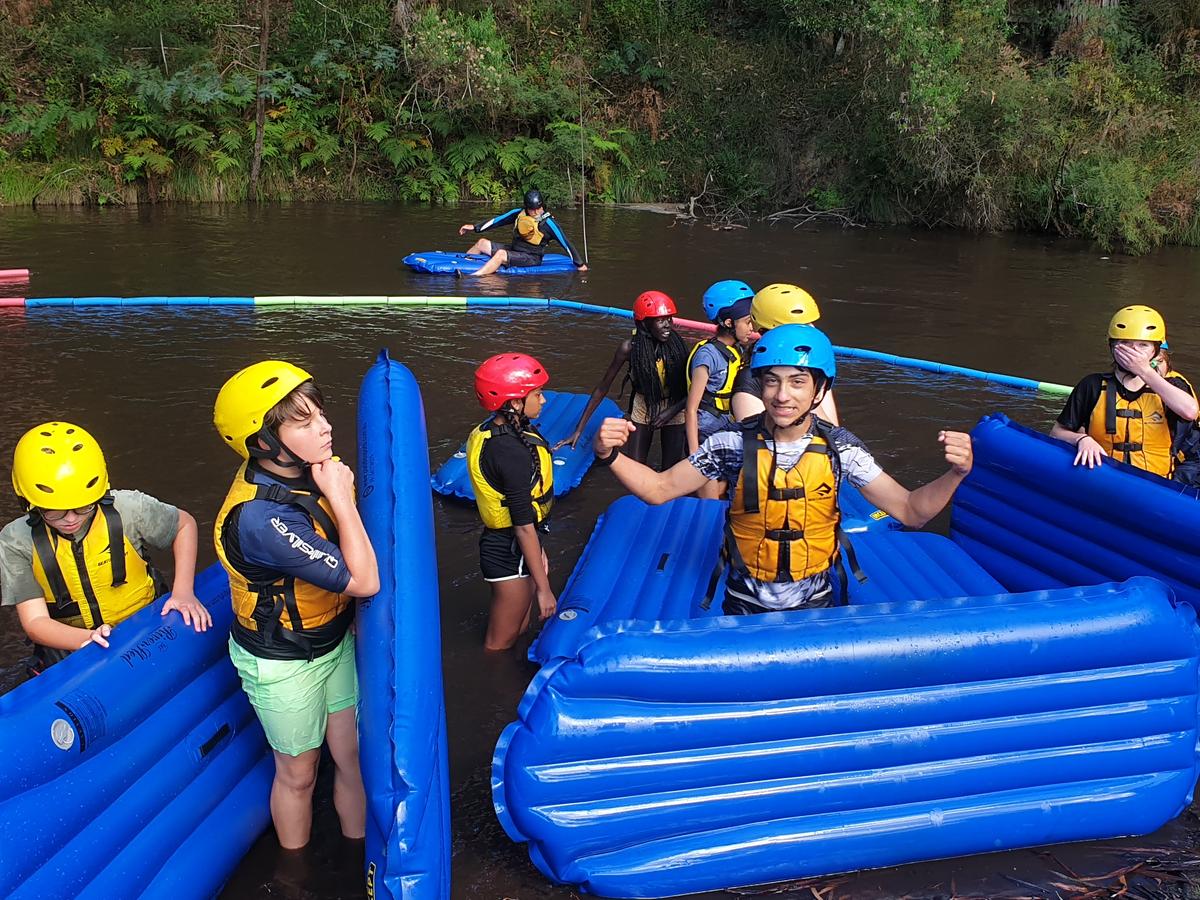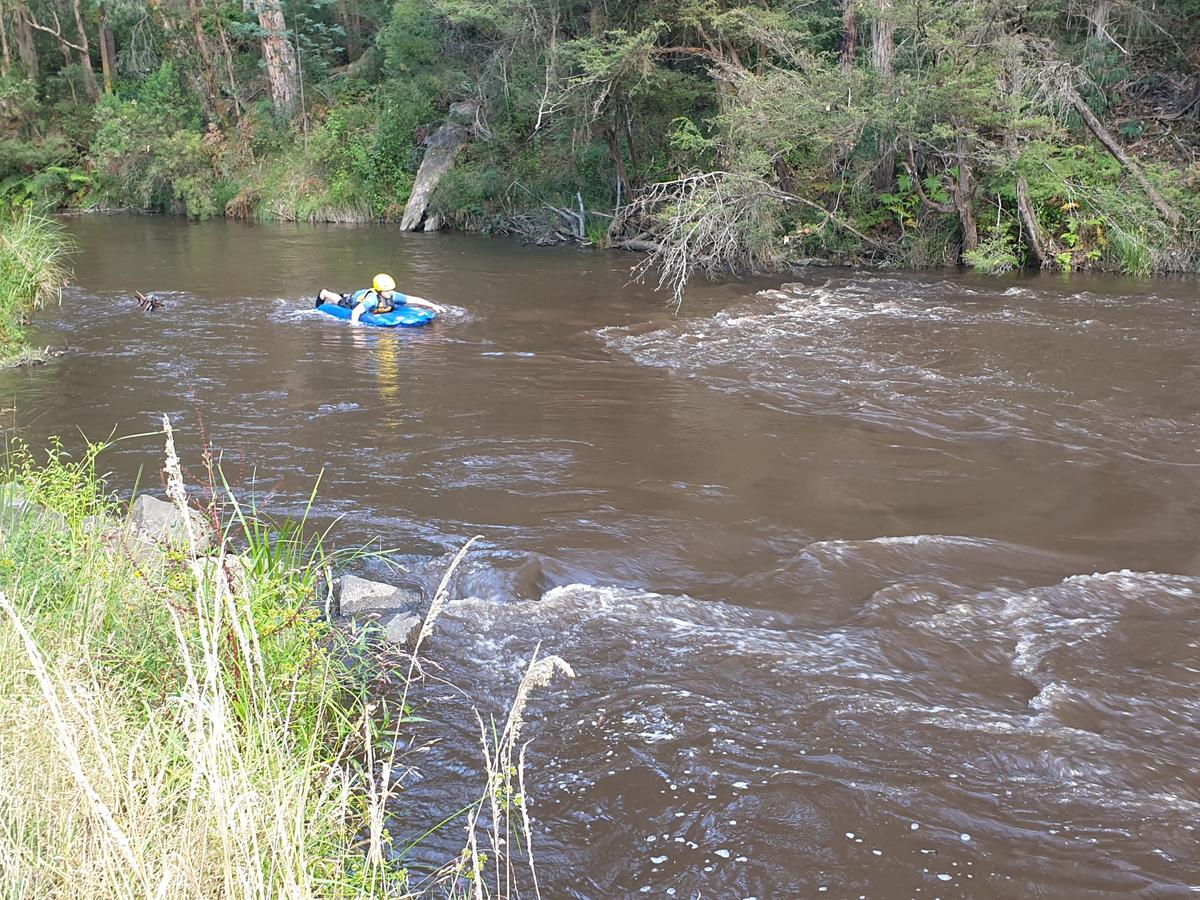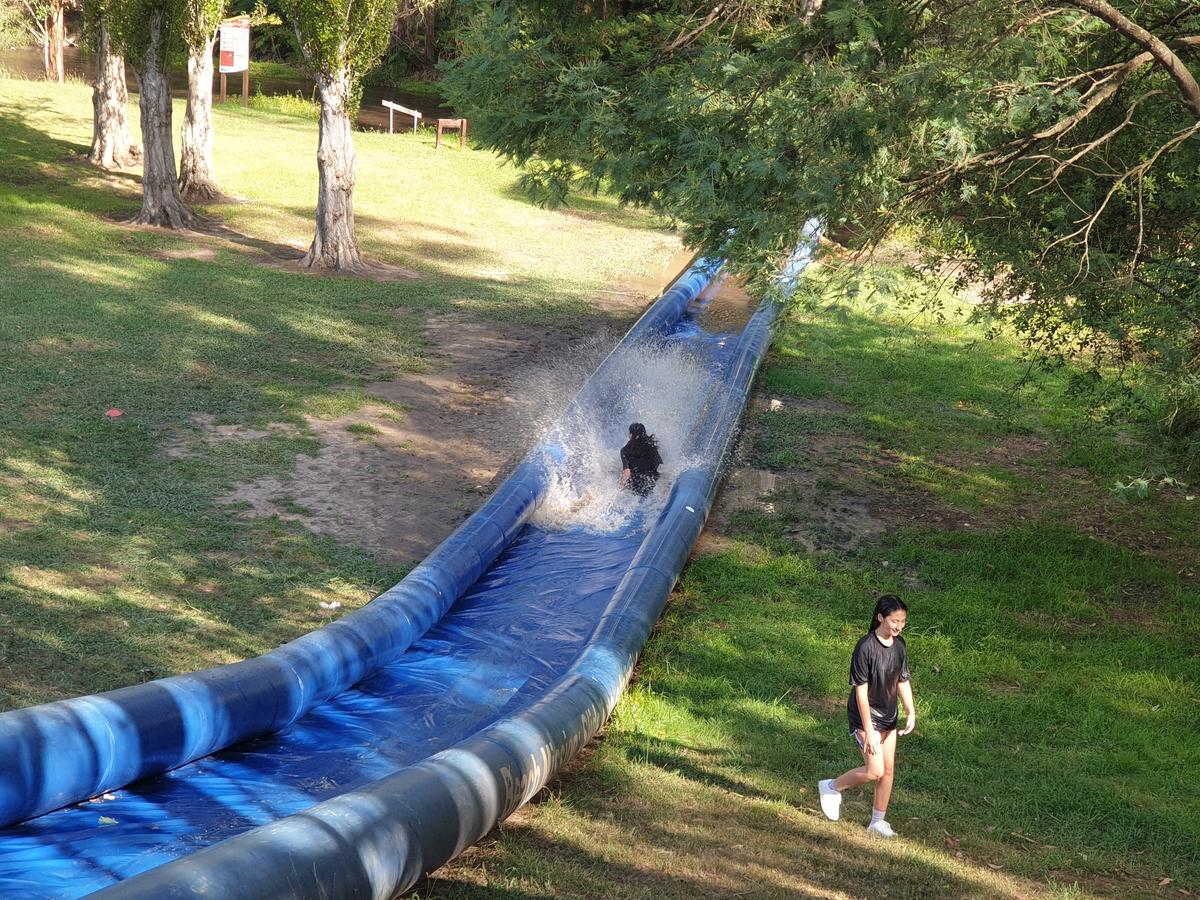From our Principal
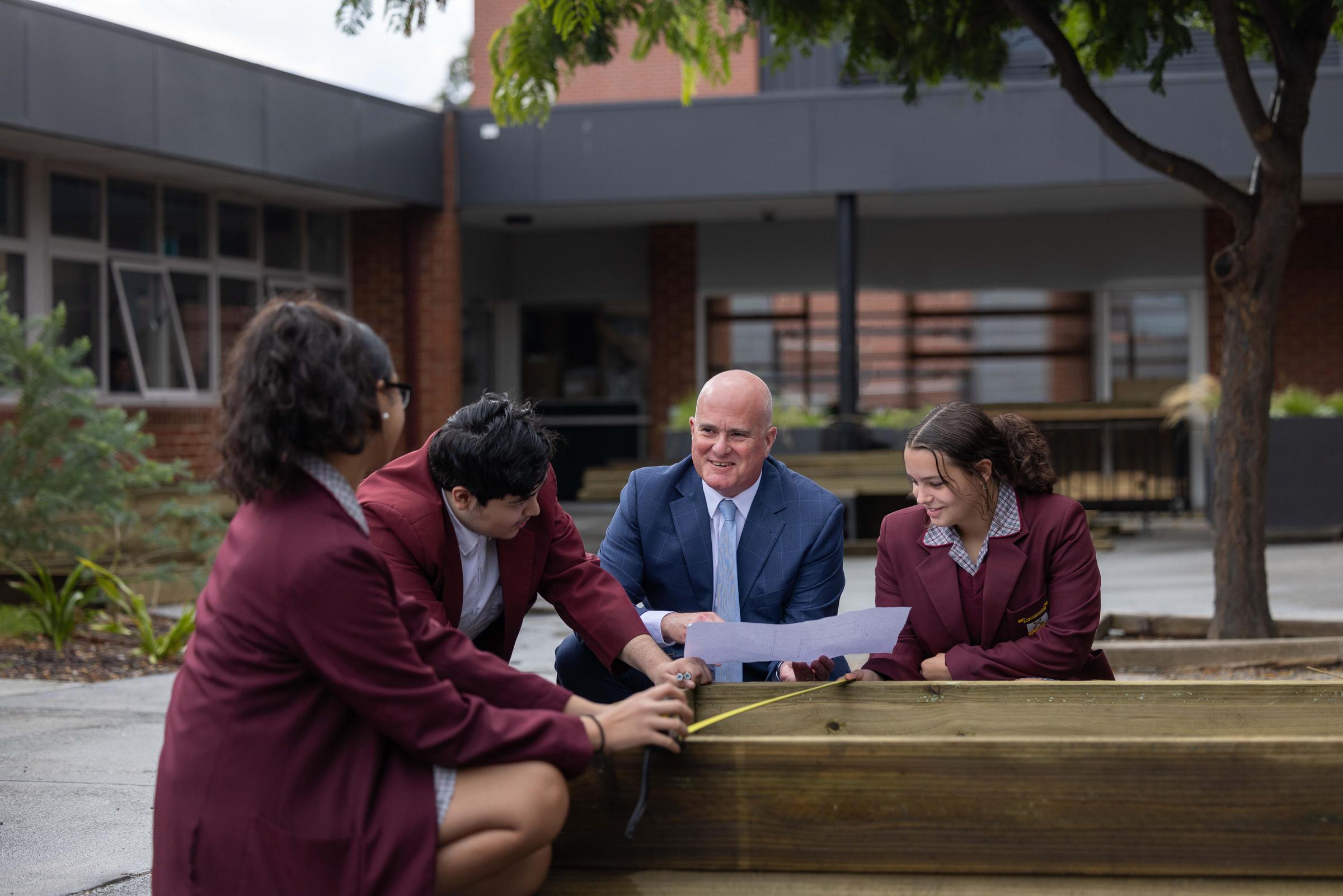
Dear Parents, Students and Friends,
With the term now in full swing I have taken the opportunity over the last fortnight to visit many classrooms where I have been inspired by the engaging learning taking place. It has struck me time and again in these visits the happiness emanating from students as they engage in conversations about what they are learning and importantly how they know they are learning.
Teaching staff are encouraged to begin each lesson by stating the learning intentions and success criteria for the lesson. It not only provides clarity and focus for both teacher and student, but it also provides an opportunity at the conclusion of the lesson to reflect on what has been achieved. Exit cards and student feedback are two valuable tools often used to determine the level of understanding of a topic and hence provide guidance as to the content and style of the next lesson.
School Improvement Plan (SIP 2023-2026)
Our recently minted SIP has as its cornerstone Learning and Teaching. In the last edition of the Newsletter, we drilled down into Catholic Identity and Religious Education. This edition focuses on the improvement dimension: Expert Teacher Practice and Improved Student Outcomes where the priority objective is for all students to achieve learning growth and experience success through exposure to high quality teaching practices within safe and inclusive environments. We are committed to a single goal over the duration of this SIP, namely building a shared understanding of expert teacher and evidence informed practice leading to improved learning outcomes for students. It could be construed that this statement implies that this is new work. Nothing could be further from the truth. This has been a priority area in the past four years and the fact that it becomes our number one focus in this SIP validates the work and growth in this area to date and commits us to ensuring we “maintain the rage” in this core, critical area of school improvement for the next four year plan. Strategies identified to achieve the prescribed outcome include: developing expert leader and teacher capacity through such means as incorporating high impact teaching strategies in the classroom; building teacher capacity to measure success in student learning and developing the capacity of staff to promote inclusive education practices into their daily work.
This is exciting work which we anticipate will continue to improve student learning outcomes.
Social Media and the Teenage Brain
I read an article the other day which highlighted 10 key takeaways from a recent American Senate Judiciary Committee submission on the impact of social media on the teenage brain. This was off the back of some concerning statistics that suggest between 2009 and 2019, depression rates doubled for all teens (and that was before the COVID-19 pandemic). The article suggested that “within the last 20 years, the advent of portable technology and social media platforms is changing what took 60,000 years to evolve," Mitch Prinstein, the chief science officer at the American Psychological Association (APA), told the Senate Judiciary Committee, "we are just beginning to understand how this may impact youth development." The ten key takeaways are these:
- Social interaction is key to every child's growth and development.
- Social media platforms often traffic in the wrong kind of social interaction.
- It's not all bad – social connection in this mode can be healthy in small doses and particularly with the marginalised.
- Adolescence is a "developmentally vulnerable period" when teens crave social rewards, but don't have the ability to restrain themselves.
- "Likes" can make bad behaviour look good.
- Social media can also make "psychologically disordered behaviour", such as disordered-eating behaviours look good.
- Extreme social media use can look a lot like addiction.
- The threat of online bullying is real.
- It's hard not to compare yourself to what you see in social media.
- Sleep is more important than those "likes."
The question I was left with was, what is our role as parent, what is our role as a school? A starting point is surely about open communication, an educative approach to the dangers and imposing boundaries.
Save the date: On 5 April 2023, St. Peter’s College is offering a Parent Cyber Safety program at the Clyde North Campus. Open to parents on both campuses this evening is to be run by experts in this area and is a not to be missed event. Further details will follow.
Year 7 Camp
Our Year 7s on both campuses experienced one of the most formative and transformational events this week in the form of the Year 7 camp. Many lifelong friendships are forged as a result of this experience. It also provides the forum for essential social development opportunities to occur between peers. Important connection points with teaching staff are also developed. The Year 7 camp experience can contribute greatly to the overall year level dynamic not just in the short term but for the longer journey ahead. I hope the experience for all of Year 7s has been one of fun, enjoyment and connection.
High Achievers
Congratulations are extended to Kaylah Barrett who placed second in the U/18 400m at the Victorian Track and Field Championships two weeks ago. Kaylah ran a Personal Best and has now qualified to run at Nationals in Brisbane in April. Well done Kaylah
Reminder: Tuesday, 14 March 2023 is a Student Free Day.
Enjoy the week ahead.
Mr Chris Black
Principal



